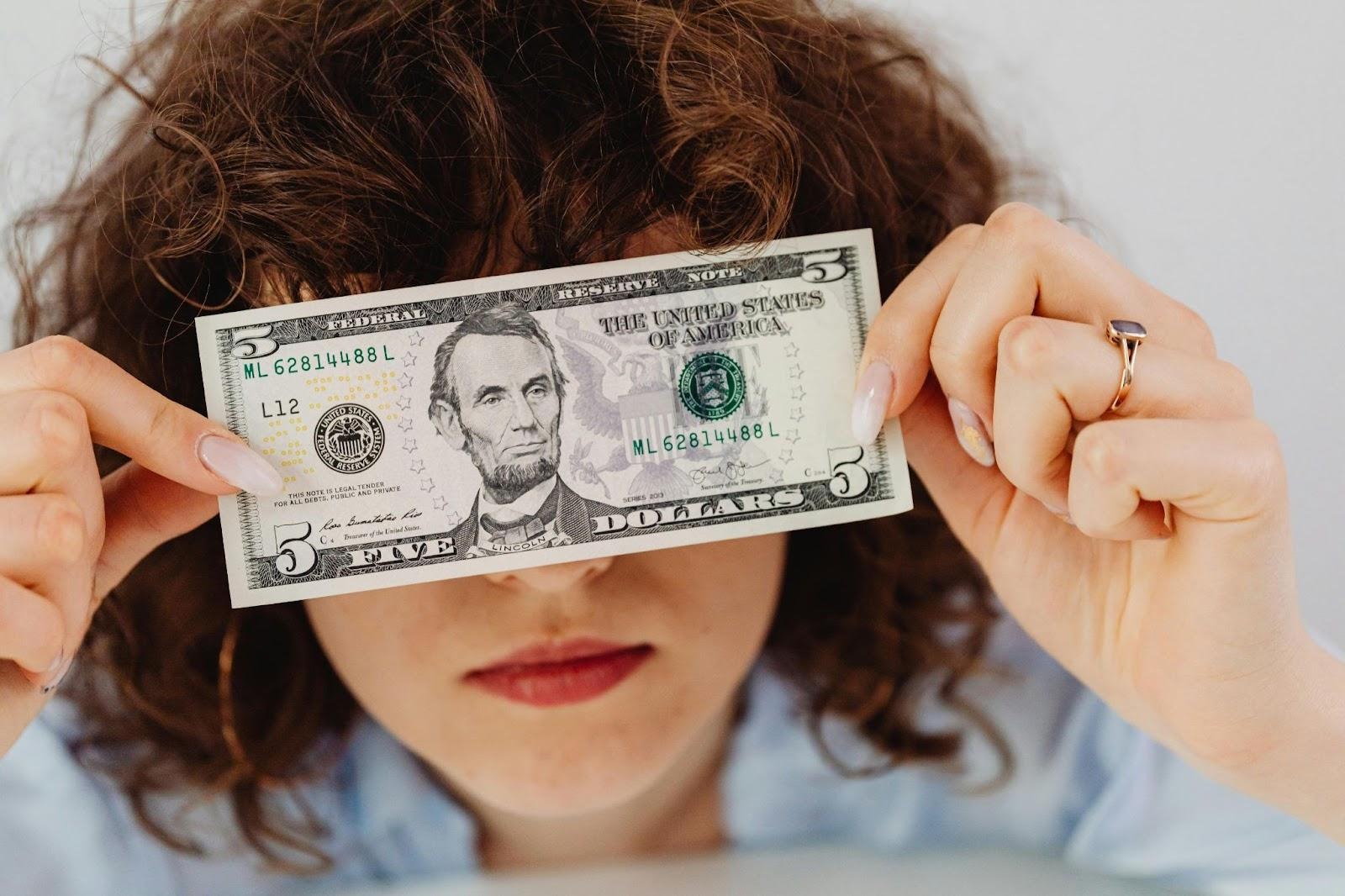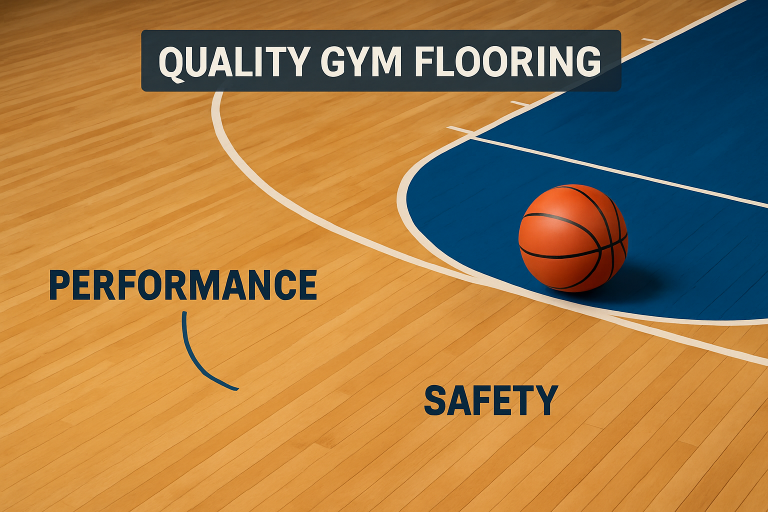Mindful Spending: Making the Most of the Connection Between Money and Well-Being
People with mental health disorders often have a complex and widely misunderstood relationship with money, that contributes so much more to our well-being than we tend to acknowledge. Money is more than a means to acquire goods and services; it is tightly tied in with our emotions, self-worth and even our state of mind. And when we let our money leave our hands without thought, as is the case when we make impulse purchases, spend on retail therapy or engage in spend out of the emotions associated with stress, we often perpetuate negative cycles for both our financial well-being and mental health. When we learn of this link it allows us to make more mindful decisions in our life that provide for the financial results we want and ultimately the positive emotional state, feeding back into a life that gives us the best quality at any given point in time.
A Psychology of Spending Decisions
Few of us are purely rational when it comes to the way we spend our money. They are driven by emotions, social pressures, previous experiences, and psychological triggers that retailers and marketers know only too well:
- Emotional financial behavior: Buying to feel better when stressed, depressed or bored
- Social comparison: The need to spend to maintain a lifestyle consistent with what they believe others have
- Instant gratification: The choice of immediate pleasure over long-term financial well-being
- Identity shopping: Purchasing products that match the image we want to project
Acknowledging these patterns is the first step in creating healthier financial habits that can support our mental health rather than chip away at it.
Ending the Stress-Shopping Cycle
Financial hardship and bad spenidnng mogits feed off each other. Stress begets rash spending (and spending creates financial pressure, particularly when there’s limited income to offset it), which begets more stress.
Ways to combat this cycle:
- 24 hour wait time on the purchase of a non-essential item
- Find Out What Your Emotional Spending Triggers Are & New Ways to Cope It could be boredom, loneliness, stress, anger, sadness.
- Establish set budget lines for entertainment and discretionary spending
- Implement some mindfulness when you are tempted to do some impulsive shopping
Considering whether to spend on online shopping, dining out, or even on recreation such as playing at a live casino online and how we will feel afterward may lead to more mindful, value-aligned, and goal-congruent spending decisions.
Establishing Positive Money Mindsets
Building a healthy relationship with money means moving from scarcity, sufficiency thinking to an abundance orientation, or from a shame-based to a growth perspective:
- Spending on values: Making purchases that reflect your values and long-term goals
- Practices of gratitude : Consistently recognize what you have now
- Financial self-compassion: Being good to yourself when you mess up
- Learning to conquer worry: The Self-Help Stress Solutions Series.
The Psychological Perks of Financial Mindfulness
The rewards of practicing mindful spending go well beyond your bank account balance:
Positive mental health consequences are;
- Less worry about money security
- The experience of more power and control
- Aids sleep by eliminating financial concerns
- Increased confidence from reaching one’s financial goals
- Less arguments over money leading to a stronger relationship
These developments form a virtuous cycle – better mental health begets better financial decisions, which in turn reinforces psychological well-being.
Wrapping Up
The money-mental health link is clear — but it doesn’t have to be destructive. Through establishing mindfulness around how and why we spend money, and cultivating mindful habits, we can foster a healthier relationship with money designed to support both our financial and emotional health. And remember—transforming your financial habits takes time and patience. Treat yourself with kindness during the process and celebrate the small wins. In the end, mindful spending is about making financial decisions that reflect your values and help you maximize your overall life satisfaction.







